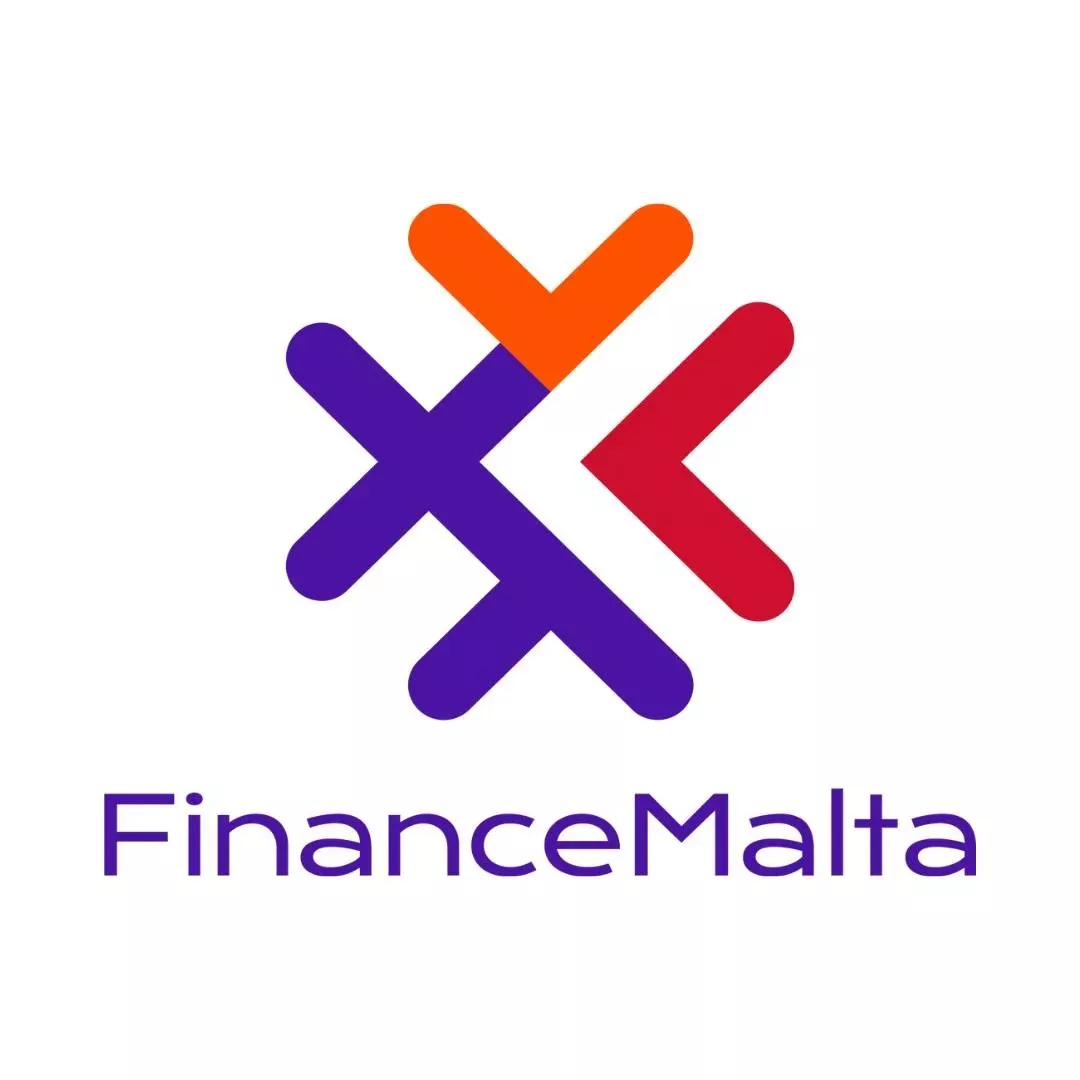Introduction
The Malta Financial Services Authority ("MFSA" or "the Authority"), the single regulator for financial services in Malta, identified potential risks and a number of disadvantages in having the crypto-asset sector operating in a regulatory vacuum. It was in this context that it was decided to develop a specific framework for the regulation of crypto-assets in Malta, designed to protect investors, ensure market integrity (including the prevention of money laundering and the financing of terrorism) and safeguard financial soundness.
The approach taken by the Maltese legislator was not to regulate crypto-assets per se, but rather the persons issuing such assets and/or providing services in relation thereto, in or from within Malta. The Virtual Financial Assets Act (Cap 590 of the Laws of Malta) ('VFAA' or 'the Act') regulates persons providing intermediary services, inter alia, custodians of crypto-assets, operation of crypto exchanges, brokerage and discretionary portfolio management, when such services are provided in relation to Virtual Financial Assets (VFAs). The Act also regulates VFA Agents which may be described as the first line of defence against market malpractice in this area, as they have the role of filtering applicants for authorisation under the VFAA before the request for authorisation is submitted for MFSA's review. While not considered as service providers per se, the VFAA also regulates issuers of VFAs during their initial offering by mirroring the European Union's ('EU') Prospectus regime.
The VFA Framework also consists of the Virtual Financial Assets Regulation (Subsidiary legislation 590.01) ('VFAR') and the Virtual Financial Assets Rulebook ('the Rulebook') which provides further detail with respect to the overarching requirements found in the Act. The Rulebook consists of three chapters. Chapter 1 is applicable to VFA Agents, Chapter 2 sets out the requirements for issuers of VFAs and Chapter 3 sets out rules for VFA Service Providers. The Rulebook is also supplemented by various guidance documents and FAQs which are periodically updated on the MFSA's website.
Chapter 3 of the Rulebook sets out inter alia the licensing requirements, procedures and ongoing obligations applicable to VFA Service providers ('VFASPs'), which reflect the high-level principles enshrined in the existing EU financial services legislation in relation to the provision of investment services, financial markets and prevention of market abuse. These include inter alia, governance, prudential and AML/CFT provisions. With regard to AML/CFT, the VFA framework has adopted a more stringent approach than the fifth Anti-Money Laundering Directive ('AMLD'), whereby Issuers, VFA Agents and VFA Service Providers all fall under the definitional scope of a 'subject person' in terms of Regulation 2 of the Prevention of Money Laundering and the Financing of Terrorism Regulations PMLFTR (SL 373.01 Laws of Malta). Moreover, VFA provisions have been extended in scope to include also crypto-to-crypto transactions. The approach taken by Malta and the MFSA in relation to AML/CFT with regard to crypto-assets clearly demonstrates the will to safeguard financial market integrity and to ensure that gaps in the current European framework applicable in this regard are properly addressed at national level.
Since the field of crypto-assets is considered as high risk from an anti-money laundering perspective, the MFSA is applying high standards of due diligence with regard to the review of applications for a VFA licence, including the verification that applicants have the necessary policies, procedures and systems in place to comply with anti-money laundering standards set by the Financial Action Task Force (FATF) and have the required levels of governance to ensure proper conduct of business. In this regard the MFSA works very closely with the Financial Intelligence Analysis Unit FIAU, and the latter conducts mandatory interviews of the persons nominated as Money Laundering Reporting Officers ('MLROs') both for VFA Agents, as well as for VFASPs, to establish their competency.
The MFSA's strategy, with regard to crypto-assets, is that of contributing to the establishment of a sector made up of serious operators that are properly regulated and supervised at the highest level. This is important for the integrity of Malta financial system and in line with the expectations of international institutions such as the International Monetary Fund and MONEYVAL.
The VFA function, within the MFSA's Supervisory Directorate, is tasked with the authorisation and supervision of VFA Agents and VFA Service Providers ('VFASPs'), as well as the registration of whitepapers. The VFA regulatory framework came into force on 1 November 2018, and the MFSA has adopted a stepped approach to its implementation.
This publication provides an overview of the VFAA and the manner in which it is being implemented in Malta.
Click here to continue reading ...
The content of this article is intended to provide a general guide to the subject matter. Specialist advice should be sought about your specific circumstances.

